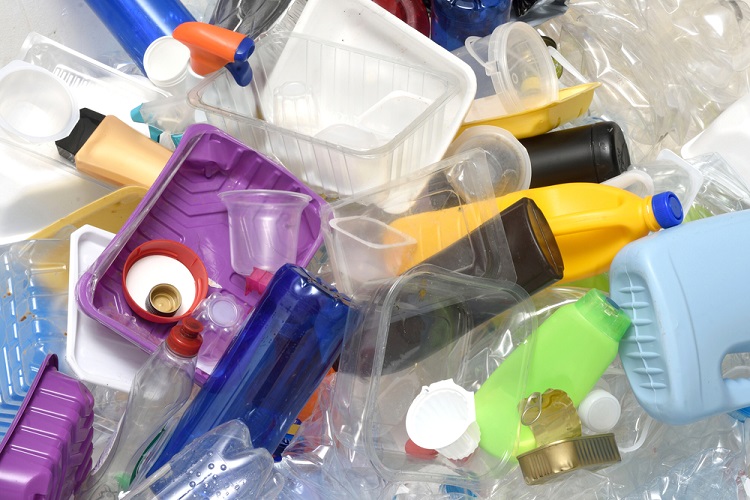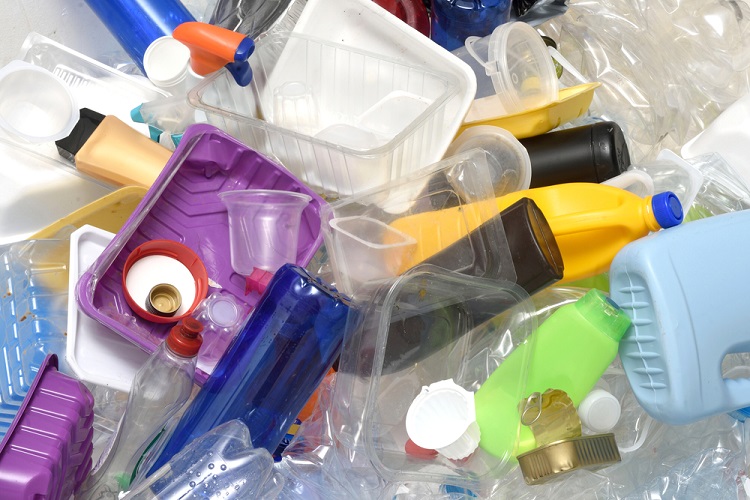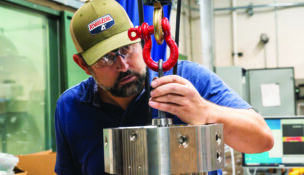An overabundance of plastic, and irony
Rundles Wrap-Up: We’ve been living in a convenient fairyland for a long time, and it’s time to pay up
Jeff Rundles //January 17, 2020//


An overabundance of plastic, and irony
Rundles Wrap-Up: We’ve been living in a convenient fairyland for a long time, and it’s time to pay up
Jeff Rundles //January 17, 2020//

Quite recently I attended a “gala” fundraising dinner for a favorite charity, and at the end of the dinner and program, the emcee announced that black cows – root beer floats – would be served at the back of the ballroom. The treats proved to be very popular. When I got mine, I noticed with interest that my float came with an environmentally PC paper straw — but it was served in a single-use plastic cup.
Oh, the irony.
Just a year ago, I wouldn’t have noticed this dichotomy nor noted the irony, but in the last several months, my awareness of plastic – and more specifically, the harm plastic is doing to the world – has grown exponentially. A plethora of news reports about plastic waste from humans showing up in great quantity in the stomachs of sea otters, orcas and other sea creatures, and the measurements of microplastics being discovered throughout the (our) food chain and in snow and waters in even the most remote places on earth has heightened my awareness of what is now being referred to as a global crisis.
I should have known, of course, as these reports of plastic contamination have been around for years, and the movement to ban such single-use plastic conveniences as grocery bags, sandwich bags – and yes, beverage straws – has been in full swing for some time. I try to do my best. I use cloth bags at the store (most of the time), I check the recyclability of every plastic container and packaging, and at my house, we are fairly faithful in recycling.
And yet, my newspaper each morning comes in an unrecyclable plastic bag. I use garbage bags, sandwich bags and freezer bags all day long for freshness. I drink from (plastic) water bottles. I use single-use plastic tooth flossers. I have an enormous amount of food in my cupboards, fridge and freezer that lasts longer because of plastic, and plastic beverage straws and stirrers remain unavoidable. Plastic is an unbelievably convenient substance that makes life so much easier, and since I have been paying attention, it occurs to me that eliminating most of the most egregious plastic products from my life would involve an enormous lifestyle change.
It’s not just reusable cloth bags and dilettante do-gooder recyclers like me that it will take to address the problem. While there are some efforts to bring about a so-called circular economy — a theoretic world where waste is recycled and remanufactured for reuse, a zero-sum game — the truth is that for years, the United States, by far the most wasteful country on earth, sent its relatively meager yet huge amount of recyclables to China and the Far East for “repurposing,” and those countries simply dumped it in the oceans. Thus, the troubled sea creatures. And a disturbing majority of these products are never recycled anyway; they go to landfills where, scientists say, most plastic waste won’t decompose for 400 years.
We need a full-bore effort in this country, and yes it will involve an enormous lifestyle change. After all, the crisis is being caused by human – and especially American – activity. We need to create a massive, and massively supported, recycling/remanufacturing/repurposing industry that everyone buys into, with incentives and/or penalties for manufacturers, producers and consumers alike. At the same time, we need to fund high-level research to create plastic alternatives from plant-based substances that will decompose in a more environmentally friendly way. And we need to be less wasteful. All this, by the way, could very easily lead to profitable enterprises, although clearly it will increase the cost of doing business and the price for end-user products. We’ve been living in a convenient fairyland for a long time, and it’s time to pay up. We’ve been choking the world, and ourselves, for too long.
I am reminded of the 1967 movie “The Graduate” where a well-meaning family friend of protagonist Ben Braddock pulls the young man aside to give him this career advice: “Just one word … plastics. There’s a great future in plastics.”
How ironic now.

























